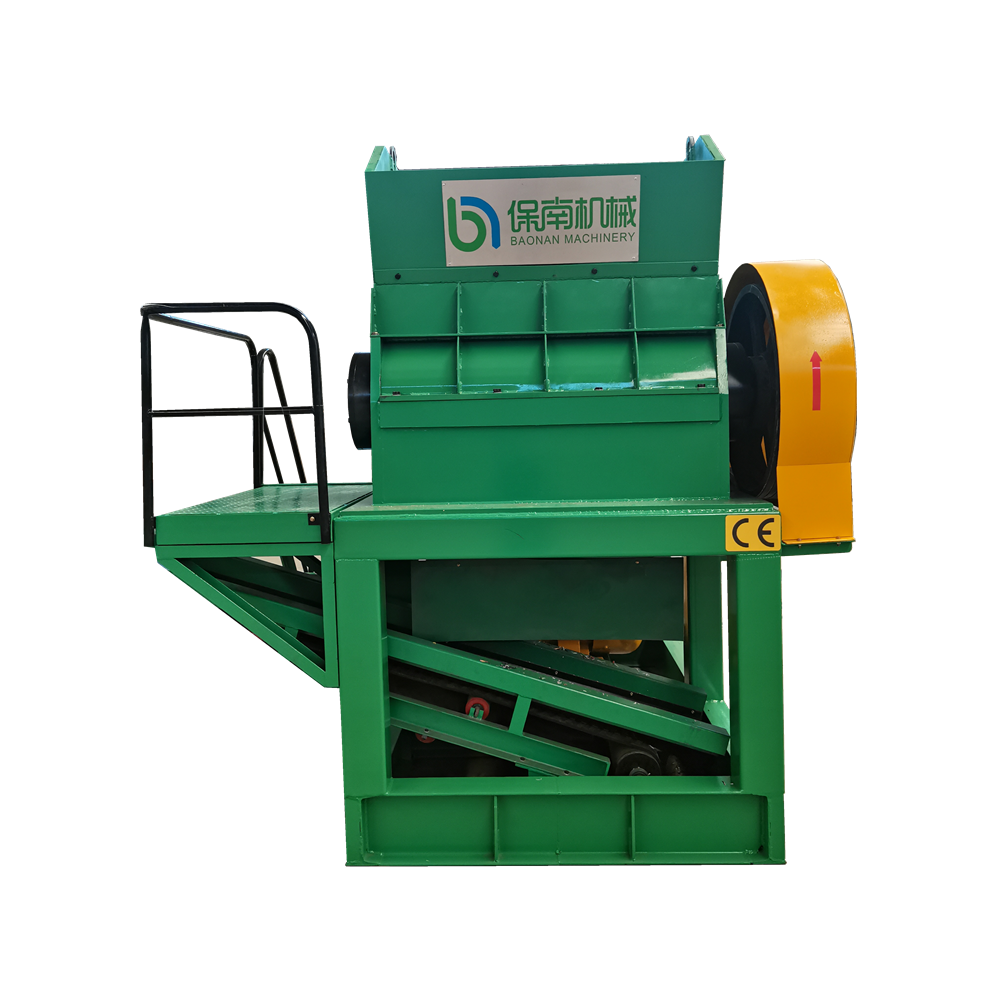
10 月 . 11, 2024 11:31 Back to list
The Importance of Aluminum Recycling Plants
Aluminum is one of the most widely used metals in the world, recognized for its lightweight, durability, and resistance to corrosion. From aircraft and automobiles to packaging and construction, aluminum's versatility makes it an essential material in many industries. However, the extraction and production of aluminum from raw materials are energy-intensive processes that can significantly impact the environment. This is where aluminum recycling plants play a crucial role in promoting sustainable practices and reducing our carbon footprint.
Aluminum recycling plants are facilities designed to process used aluminum products and turn them back into usable raw materials. The recycling process begins with collecting aluminum waste, which can come from a variety of sources, such as beverage cans, automotive parts, and construction debris. Once collected, the aluminum must be sorted, cleaned, and processed to remove contaminants and ensure it meets industry standards for quality.
One of the primary benefits of aluminum recycling is the significant energy savings it provides. According to the Aluminum Association, recycling aluminum requires only 5% of the energy needed to produce new aluminum from bauxite ore. This incredible reduction in energy consumption translates to a decrease in greenhouse gas emissions, which is critical in our fight against climate change. By recycling aluminum, we can conserve energy and reduce our reliance on fossil fuels, thus promoting a more sustainable future.
Moreover, aluminum recycling helps conserve natural resources. Bauxite mining, the process of extracting aluminum ore, has considerable environmental impacts, including deforestation, habitat destruction, and water pollution. By recycling aluminum, we can reduce the demand for bauxite and alleviate the negative effects of mining operations. This conservation of resources not only protects ecosystems but also contributes to the economic sustainability of the aluminum industry, making recycled aluminum a valuable commodity in the marketplace.

In addition to environmental benefits, aluminum recycling plants contribute to the economy by creating jobs and supporting local communities. The recycling industry employs thousands of individuals in various roles, from collection and sorting to processing and transportation. As the demand for recycled aluminum continues to grow, so does the need for a skilled workforce to keep recycling plants operational. This job creation is essential for fostering economic development and promoting social well-being.
Aluminum recycling also supports the circular economy, a model that emphasizes the importance of reusing, recycling, and repurposing materials to minimize waste. In a circular economy, products are designed with their end of life in mind, encouraging manufacturers to use recyclable materials and reducing overall consumption. Aluminum recycling plants serve as a key component of this system, providing a means for communities and businesses to responsibly dispose of aluminum waste and contribute to a more sustainable material lifecycle.
Despite the numerous benefits of aluminum recycling, challenges remain. Public awareness and participation in recycling programs can vary significantly, leading to lower recycling rates in some areas. Education initiatives are crucial to inform citizens about the importance of recycling aluminum and how they can contribute. Additionally, recycling plants must continuously innovate to improve efficiency and address issues such as contamination, which can compromise the quality of recycled aluminum.
Another challenge is the fluctuating market for recycled materials. Prices for recycled aluminum can be volatile, driven by global demand and competition with cheaper primary aluminum. To combat this, aluminum recycling plants need to establish robust supply chains and cultivate partnerships with manufacturers who prioritize sustainability in their sourcing practices.
In conclusion, aluminum recycling plants are vital for promoting environmental sustainability, conserving natural resources, and driving economic growth. They provide significant energy savings, reduce greenhouse gas emissions, and create jobs while contributing to the circular economy. To maximize the benefits of aluminum recycling, it is crucial to enhance public awareness, improve recycling practices, and support the development of efficient recycling facilities. As we move towards a more sustainable future, the role of aluminum recycling plants will become even more important in fostering a greener and more responsible world.
Latest news
Unveiling the Power of Eddy Current Separator
NewsSep.25,2024
Transform Your Home Recyclin:home metal shredder
NewsSep.25,2024
The Future of Waste Management with Recycling Line Picker
NewsSep.25,2024
The Benefits of a Metal Recycling Plant
NewsSep.25,2024
Revolutionize Material Separation with Onwang Technology
NewsSep.25,2024
Innovative Waste Management: Unveiling the MSW Sorting Plant
NewsSep.25,2024